Global Issues
Xenophobic Attacks: Are There Nations Without Immigrants?
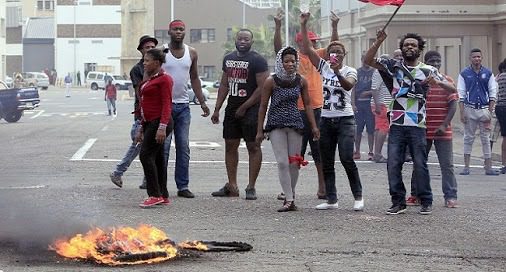

Foreign nationals gesture after clashes broke out between a group of locals and police in Durban on April 14 ,2015 in ongoing violence against foreign nationals in Durban, South Africa. The attacks on immigrant-owned shops and homes in Durban’s impoverished townships come three months after a similar spate of attacks on foreign-owned shops in Soweto, near Johannesburg. The Malawian government said on April 13, 2015 it would help repatriate its citizens from South Africa following an outbreak of xenophobic violence in the eastern port city of Durban that has left four people dead. AFP PHOTO/PHOTO STRINGER
The horrific images and actions that presented itself in the wake of Zulu King, Goodwill Zwelinthini’s statement, wasn’t just disturbing, but a practical sign and proof, that crime without punishment, violence without consequence, increases the occurrences of negative actions.
Not lesser than fifteen persons have been killed in renewed xenophobic attacks in South Africa’s Kwazulu Natal province. Lives have been lost, immigrants’ properties destroyed, shops that belongs to foreigners looted and a pledge for a complete wipe out of non-South Africans especially Nigerians, made, all because of hatred renewed by the words of the Zulu King.
I am not interested in going through the history of how Nigeria especially, helped rescued the people of South Africa from APARTHEID, or how still, we help grow its business and boost its economy through such actions. My interest right now points to a question that counters their actions: Are there nations without immigrants? If any South African can point out to me, a nation in this world, that has no single immigrant, then I will push for foreigners in South Africa to leave South Africa for South Africans. But if they can’t, then I suggest they let foreigners be.
The reason for their rejuvenated attack is that foreigners steal jobs meant for them and as such, they are unemployed and now depend on foreigners, Nigerians mostly, for their survival. This is funny because to begin with, South Africans are historically known to be lazy and as most of them often say, hard work isn’t their calling. In the early days of Nigerians migration to South Africa, what the people did was to sell lands to them, use the money in the consumption of ethanol (umqombothi as they call it). Till this moment, very few of them are willing to work yet they envy Nigerians who are working, making money and keeping the economy of South Africa growing. How in the world does anyone play around this reality?
It is painful and at the same time disheartening, to know that this is what we have to be going through in the hands of those we call BROTHERS. In October 2007 when legendary singer Lucky Dube was murdered, the assailants said they thought he was a Nigerian, because he looked good and drove costly car. The South African authorities never did anything, eight years after, and that was why it didn’t surprise me when I saw a photo that had two South African police officers laughing while a foreigner burns in fire.
Malawian government is already making plans to get their people out of South Africa, same for other countries and perhaps, Nigerian government will also make such a plan. Before then, I want South Africans to imagine what their country will look like, not just economically, but in every other sectors of their lives, when all foreigners leave. As we wait for such a time, I will leave them with the words of their iconic leader, Nelson Mandela, and he said, “We cannot blame other people for our troubles. We are not victims of the influx of foreign people into South Africa. We must remember that it was mainly due to the aggressive and hostile policies of the apartheid regime that the economic development of our neighbours was undermined.”
South Africans, Stop Xenophobic.

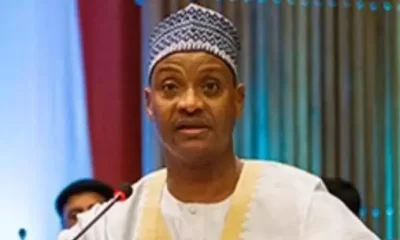

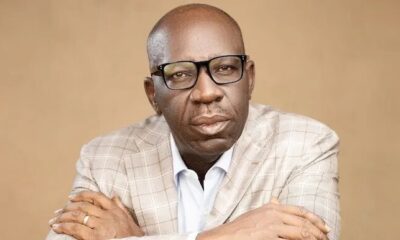

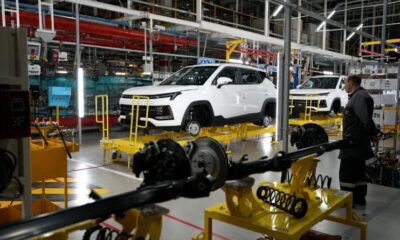



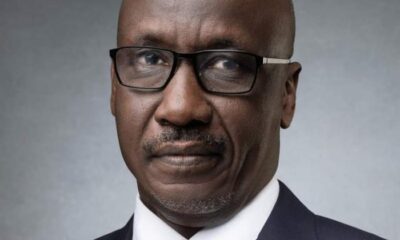



![The EU is punishing Turkey for an operation that it felt forced to embark on as a result of their own questionable decision to partner with the YPG in the fight against ISIL, writes Bakeer [Reuters]](https://www.opinionnigeria.com/wp-content/uploads/2019/10/The-EU-is-punishing-Turkey-for-an-operation-that-it-felt-forced-to-embark-on-as-a-result-of-their-own-questionable-decision-to-partner-with-the-YPG-in-the-fight-against-ISIL-writes-Bakeer-80x80.jpg)




